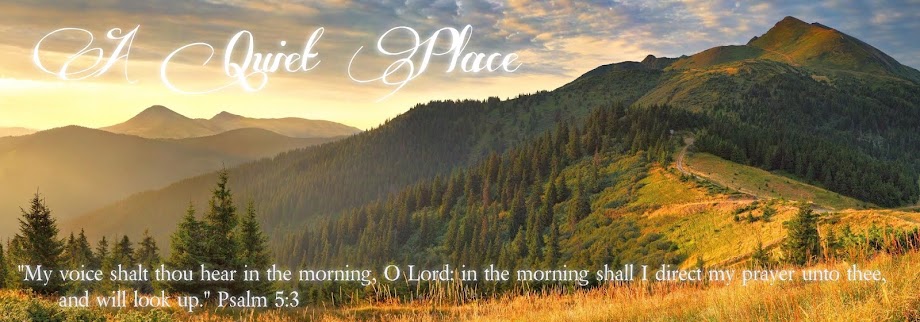"And when Abram
heard that his brother was taken captive, he armed his trained servants, born
in his own house, three hundred and eighteen, and pursued them unto Dan."
Gen. 14:14
Dwelling in peace
and prosperity in the plains of Mamre, Abram hears tell of a terrible battle
that was fought and won down in the vale of Shiddim. A survivor staggers into
camp with the news--"They took Lot,...who dwelt in Sodom, and his goods,
and departed" (Gen. 14:12).
And what did this
mighty patriarch do?
Remember, Lot had
chosen the most beautiful, prosperous, and promising lands for himself. When
the whole of it had been promised to Abram and his seed, a selfish young man
chose it for himself, with no respect to his uncle, whose kindness and
protection had even gotten him to Canaan in the first place.
This could have been
the classic example of "You get what you deserve."
Abram remembered.
And in the face of
his love for his family, his love for mankind, and his love for his God, he forgot.
Servants were armed,
Mamre and his brothers called, and off sallied Abram, leading a band that was
small compared to the forces they would face.
They came marching
back to Sodom, triumphant in a resplendent victory.
Why? All of this
war, this battle, this terror and fear and killing… This risk, this chance;
this gamble of his own life…..for a young man and his family, who had shunned
the kindness of an elder kinsman, who now dwelt within the very walls of the
dark city of Sodom.
Why would Abram risk
his own neck for something like that?
He had plenty to
remember.
And he chose to
forget.
Not only to forget,
but to be there when occasion called. When Lot needed him, Abram was there.
Even though Lot never asked for it. Lot sent him no message of pleading:
"Uncle Abram, come save me!" But Abram went anyway.
The unasked was
given the ungrateful.
And the unthinkable
was given the unselfish.
The essence of
forgiveness is forgetting. And remembering.
Remember. Forget.
Remember the friend,
forget the follies.
Remember the doer,
forget the deeds.
Remember the love,
forget the lies.
Remember the beauty,
forget the betrayal.
Abram risked life,
wealth; the security of the family he left in the plains of Mamre while he went
to battle; he risked everything to rescue someone who he loved, even though
that someone had asked for no help, had given him no reason to still love.
He remembered. And
forgot. And won.
Lord, teach me to forget...and help me to remember.









